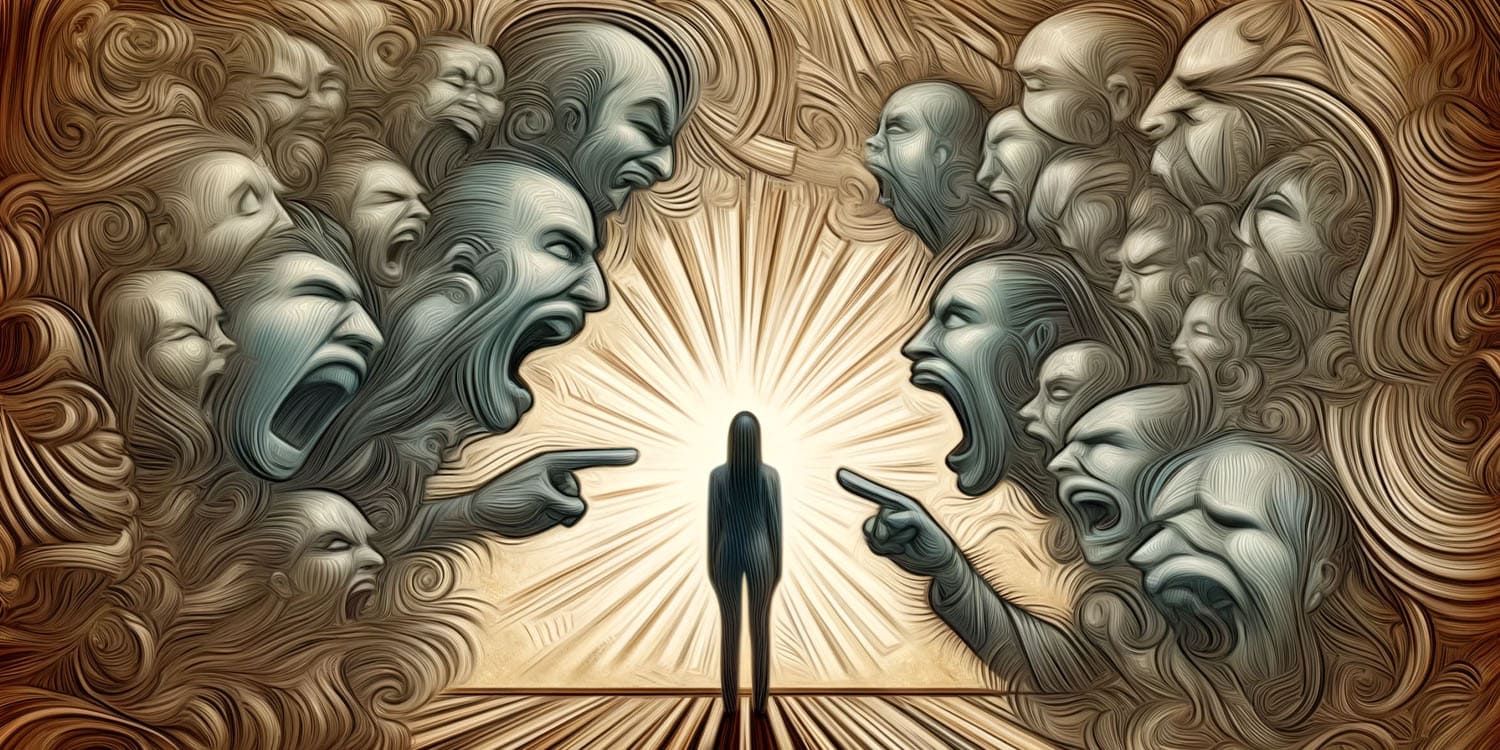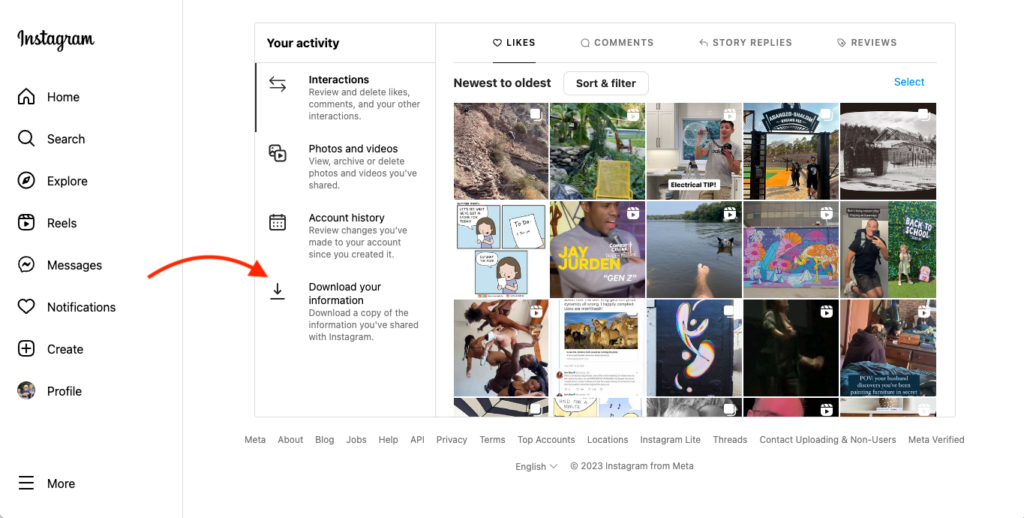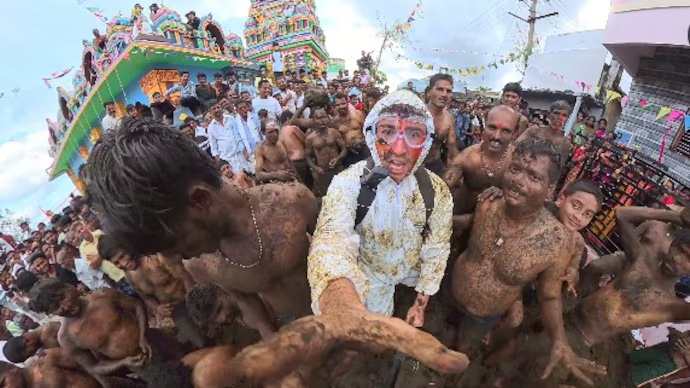Now Reading: The Psychology Behind Trolling and Cancel Culture
-
01
The Psychology Behind Trolling and Cancel Culture
The Psychology Behind Trolling and Cancel Culture

Online trolling and cancel culture have become prominent features of social media in India, influencing public discourse and personal reputations. Especially among users in Tier 2 and Tier 3 cities, these phenomena affect both young and older audiences who participate in or witness digital shaming. Understanding the psychology behind these actions can reveal why people engage in harmful online behavior and how it impacts society.
Trolling often stems from anonymity and distance. When users hide behind screens, they feel less accountable for their words and actions. This sense of detachment can lead to hostile comments, ridicule, or harassment, even against people they might never confront in real life. The thrill of provoking a reaction can be a key motivator.
Cancel culture, on the other hand, is driven by collective judgment. Social media users band together to call out perceived mistakes or controversial actions, often demanding accountability or boycotts. While sometimes justified, this mob-like behavior can escalate quickly, punishing individuals without due context or understanding and creating a climate of fear around self-expression.
Psychologists point out that both trolling and canceling satisfy social and emotional needs. People may seek validation, a sense of power, or inclusion in group actions. They may also project personal frustrations onto others, using online platforms as a safe outlet for aggression or moral superiority. The viral nature of social media amplifies these tendencies, making it easier for incidents to spread rapidly.
For everyday users, these behaviors have real-world consequences. Reputations can be damaged, mental health affected, and discussions silenced due to fear of backlash. In smaller cities, where social networks overlap online and offline, the impact can extend beyond the digital space, influencing local perceptions and relationships.
Addressing trolling and cancel culture requires awareness and empathy. Encouraging thoughtful communication, critical thinking, and measured responses can help reduce online harm. Users need to differentiate between accountability and harassment, and platforms must create safer spaces for dialogue.
Ultimately, understanding the psychology behind these trends can empower individuals to navigate social media responsibly, balancing freedom of expression with respect and compassion for others.

























